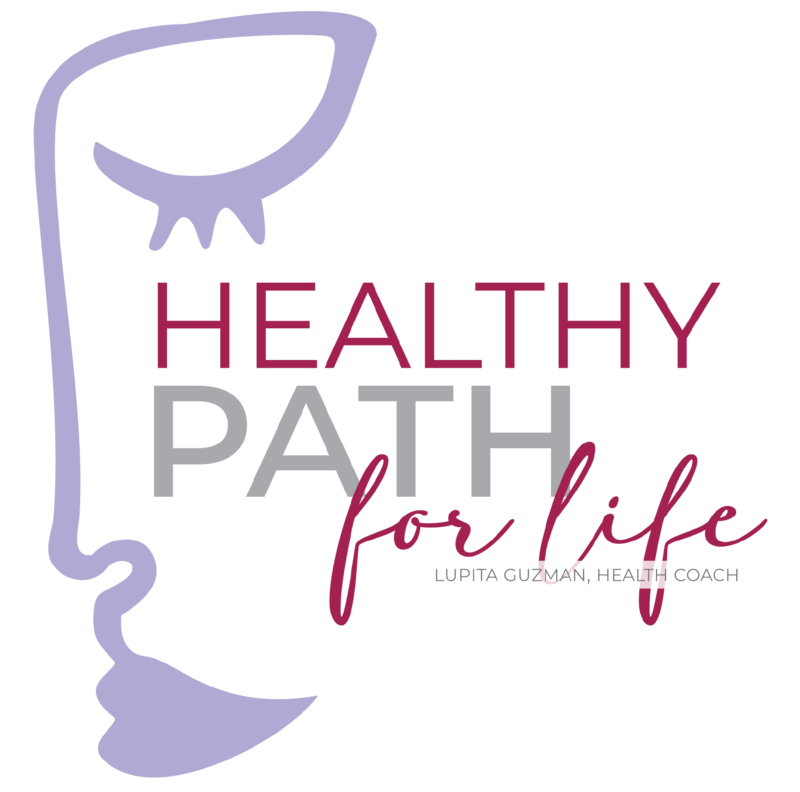Embrace the Transition with Confidence
Menopause is a natural and inevitable phase in every woman’s life. With the right information and habits, it can be a time of strength, clarity, and balance.
What Is Menopause?
Menopause marks the end of menstrual cycles and fertility. It usually occurs between ages 40–60, but can also be induced by surgery, illness, or genetics.
Stages include:
- Perimenopause: transition period with symptoms and irregular cycles
- Menopause: confirmed after 12 months without a period
- Postmenopause: the years that follow
- Premature/Surgical Menopause: before age 40 or after ovary removal
Common Symptoms
- Mood swings, anxiety, irritability
- Hot flashes and night sweats
- Sleep issues
- Weight gain, low energy, and changes in body composition
- Brain fog or forgetfulness
- Vaginal dryness, reduced libido
- Digestive changes
Healthy Habits Before and After Menopause
1. Move with Purpose
- Do strength training (squats, weights, resistance bands)
- Include daily activity: walking, cycling, functional movement
- Strengthen pelvic floor and core
2. Eat to Nourish, Not to Diet
- Choose anti-inflammatory, fiber-rich, nutrient-dense foods
- Avoid processed foods and sugars
- Adjust your diet as your hormones and digestion change
3. Support Mental Health
- Practice mindfulness: meditation, yoga, journaling
- Seek therapy if needed
- Build a support circle — talk about your experience
4. Prioritize Sleep
- No caffeine after 3pm
- Dinner 2 hours before bedtime
- Disconnect from screens and create a calming evening routine
5. Be Consistent with Wellness
- Don’t smoke or drink excessively
- Follow up with your doctor about supplements and health screenings
- Enjoying intimacy is still possible after menopause. Continue to practice safe sex even after the changes have passed.
After Menopause: Know the Risks
Lower estrogen levels can increase your risk for:
- Heart disease
- Stroke
- Osteoporosis
- Urinary incontinence
What About HRT?
Hormone Replacement Therapy (HRT) may help relieve symptoms but can increase risks like blood clots or certain cancers. Always consult your doctor.
Let’s Talk About It
Join our Women’s Wellness Chat for bi-weekly insights, tips, and real conversations about menopause and beyond. You’re not alone.
Got questions? Let’s connect.
for expert guidance and personalized support.
